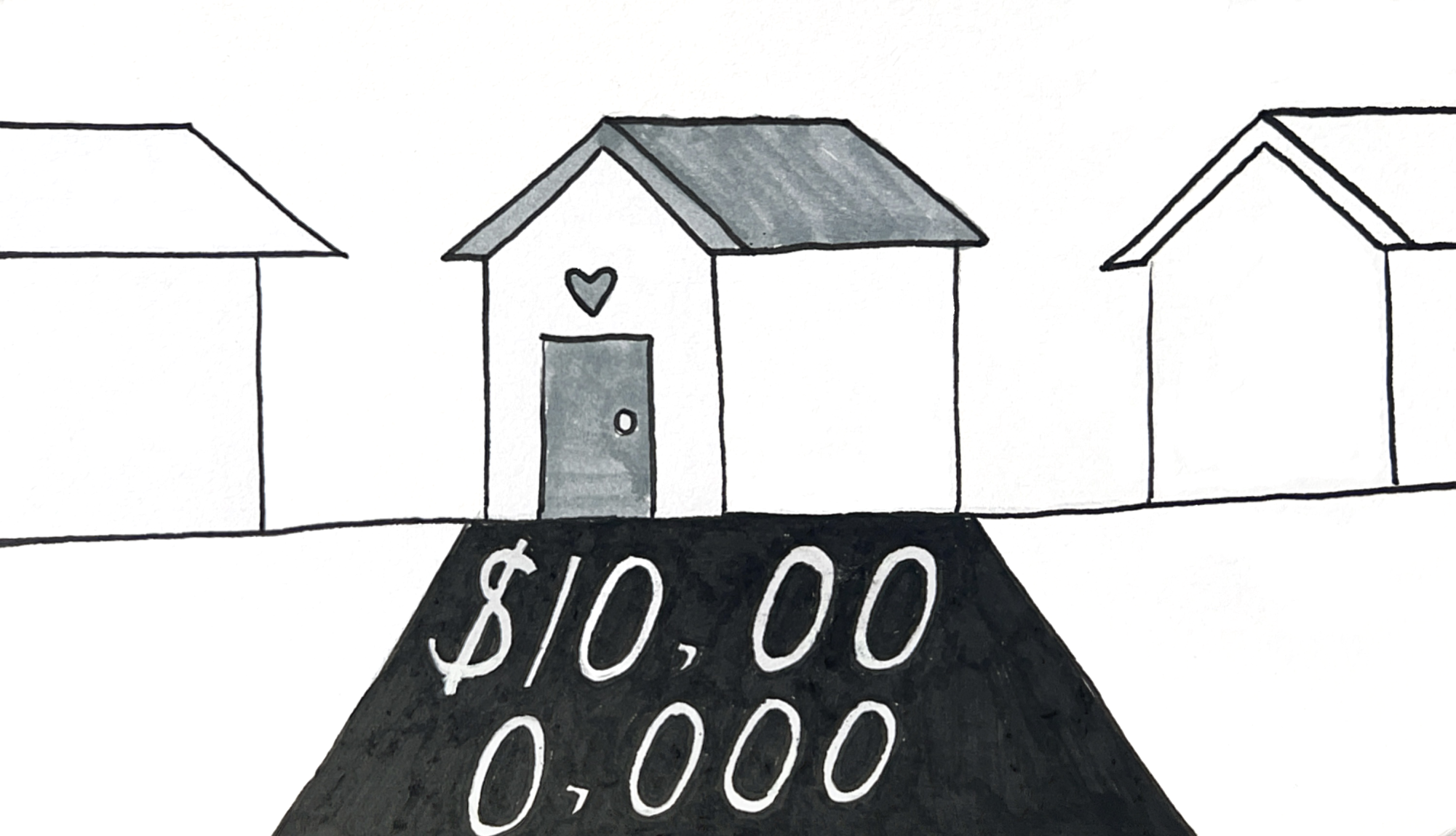
Despite the prevalence of homelessness in Walla Walla, Whitman remains fairly disconnected from the issue, according to first-year Madeline Langdon.
Langdon has volunteered with Arts for Housing Justice, a community engagement program through the Career and Community Engagement Center (CCEC). The program seeks to connect Whitman students with residents of the Walla Walla Alliance for the Homeless shelter. Students travel to the shelter and participate in crafts and mindfulness activities with residents.
Langdon explained that she was surprised by the prevalence of homelessness in Walla Walla when she first arrived.
“It’s the whole idea that there’s two Wallas, and a lot of times the only one that’s advertised is the touristy, wine one,” Langdon said.
She sees Whitman students as being disconnected from this subset of Walla Walla’s community.
“I really just think we need to be doing more … A lot of us need to acknowledge our privilege a little bit more. We are a private school, we are predominantly white, we have a pretty wealthy student population. [Participating in programs like Arts for Housing Justice] is a part of education. You can’t just go to a college and continue living the life you’ve been living … not expanding your horizons. Because in my opinion, you’re just wasting your education. I think that having experiences like this really allows people to fully understand the world. Without it, ignorance tends to brew,” Langdon said.
In November 2023, the Alliance for the Homeless opened a new transitional housing facility in the hopes of better addressing homelessness in Walla Walla. Langdon said that she heard about the need for more space when she started volunteering.
“When I sat down and spoke with one of the workers at the sleep center, she explained to me that they’re always full. Always. They rarely have space and they’re always trying to figure out how to allow more people to stay,” Langdon said.
This is in keeping with statistics on homelessness in Walla Walla. The 2023 Point In Time count totaled 183 people without housing in Walla Walla county, 80 of whom were unsheltered. As of the 2020 Decennial Census, the population of Walla Walla County was 62,584.
The Alliance for the Homeless is not the only organization providing aid to Walla Walla’s homeless population. The Christian Aid Center (CAC) provides shelter and meals to those in need. Recently, the City of Walla Walla submitted a request for funds to the U.S. Department of Housing and Urban Development (HUD) to go towards a men’s shelter project by the Christian Aid Center.
This project and the request for funds fall under the Community Development Block Grant (CDBG), which is an HUD grant. CDBG Coordinator Lydia Caudill explained the grant’s aims.
“The City of Walla Walla’s Community Development Block Grant Program provides funding to projects that meet a national objective of serving low- and moderate-income individuals and areas. We are pleased to provide 2024 funds to support the Christian Aid Center’s Men Shelter Project, which aligns with our funding goals,” Caudill said.
In an emailed statement to The Wire, Deputy City Manager Robert Francis explained that the CAC first approached the city about the project in 2021. On June 8, 2022, the city voted on a letter of support.
“The City Council voted unanimously to allocate $275,000, over three years, toward the project and provide additional funding through the City’s Community Development Block Program to pay for the permitting fees for construction,” Francis said.
More information about the men’s shelter project is not yet available according to CAC Director of Development Corina Car, who said that the project would likely go public in early April.
For Langdon, the Arts for Housing Justice program has fizzled.
“I’m not really sure what happened. I just stopped receiving emails,” Langdon said.
In an email to The Wire, Arts for Housing Justice leader Eva Hauksdottir-Neill clarified that the program is currently being reconstructed.
Langdon stressed the importance of programs like Arts for Housing Justice, saying she wished there was more emphasis on them at Whitman.
“I really want to put an emphasis on programs … that involve homeless people or people of lower classes or people with criminal records that are often deemed ‘scary’ … The other community engagement programs that we have, they’re amazing … but [they involve working with] people that we consider more approachable. So I think there really, really needs to be an emphasis within the community engagement programs to start working with people who are not getting as much help because people are scared of them. Because I think that’s where the most learning can be done,” Langdon said.




